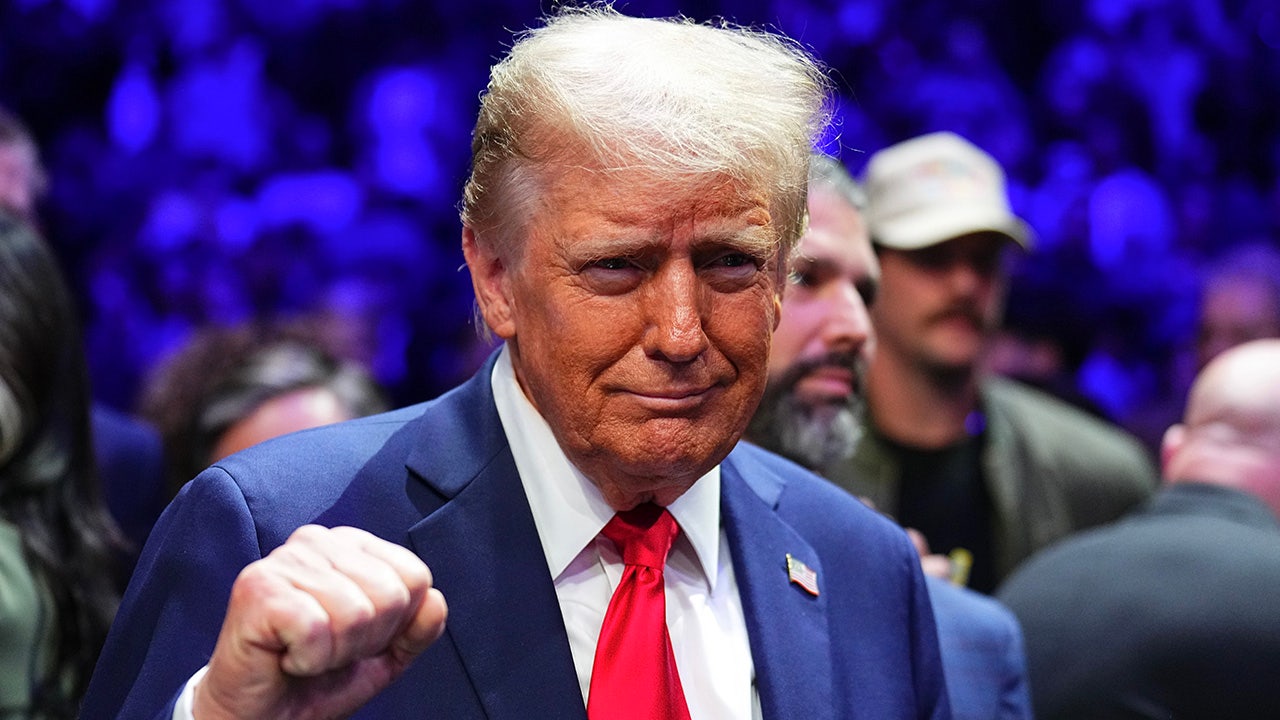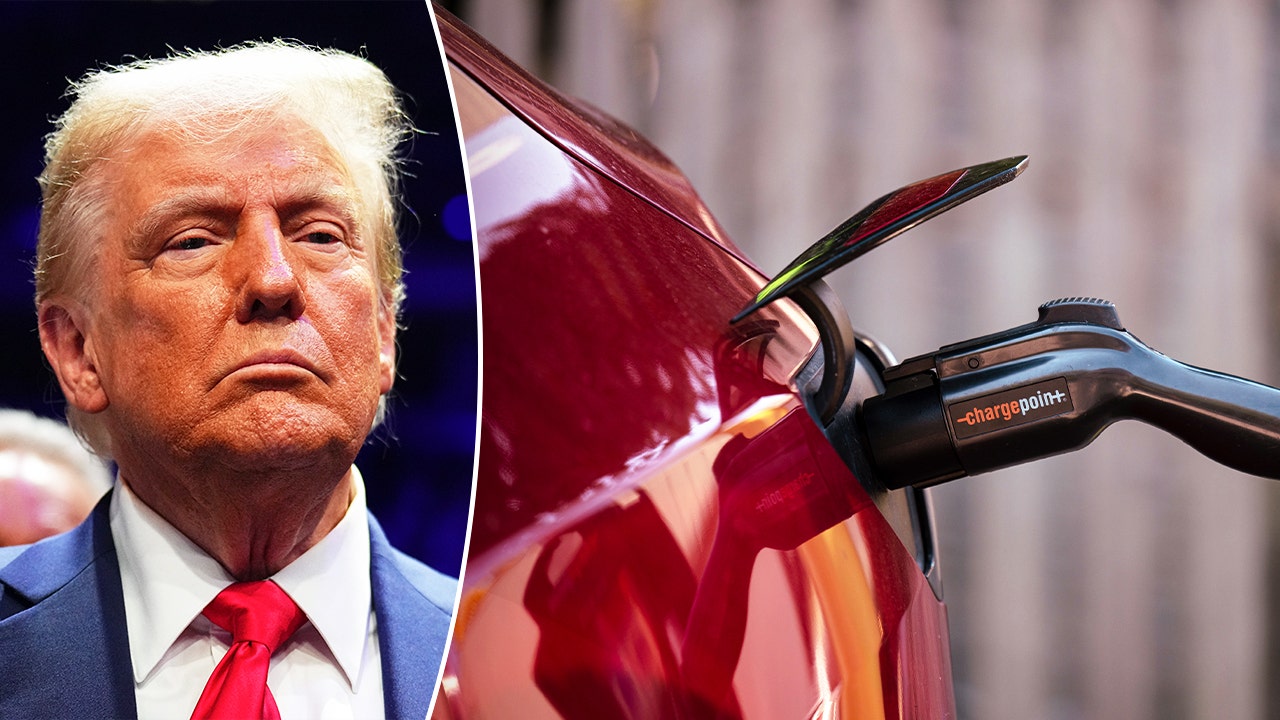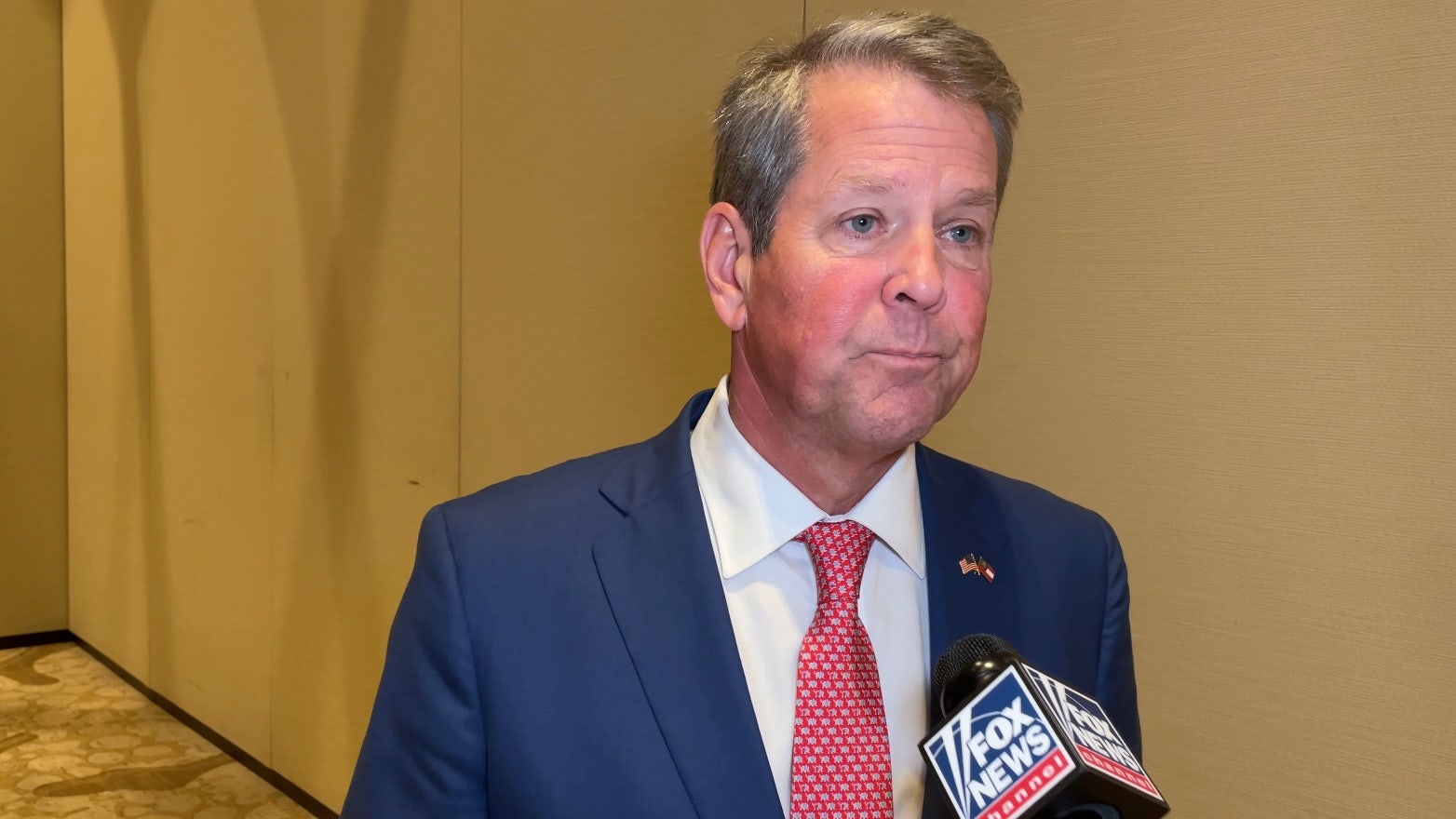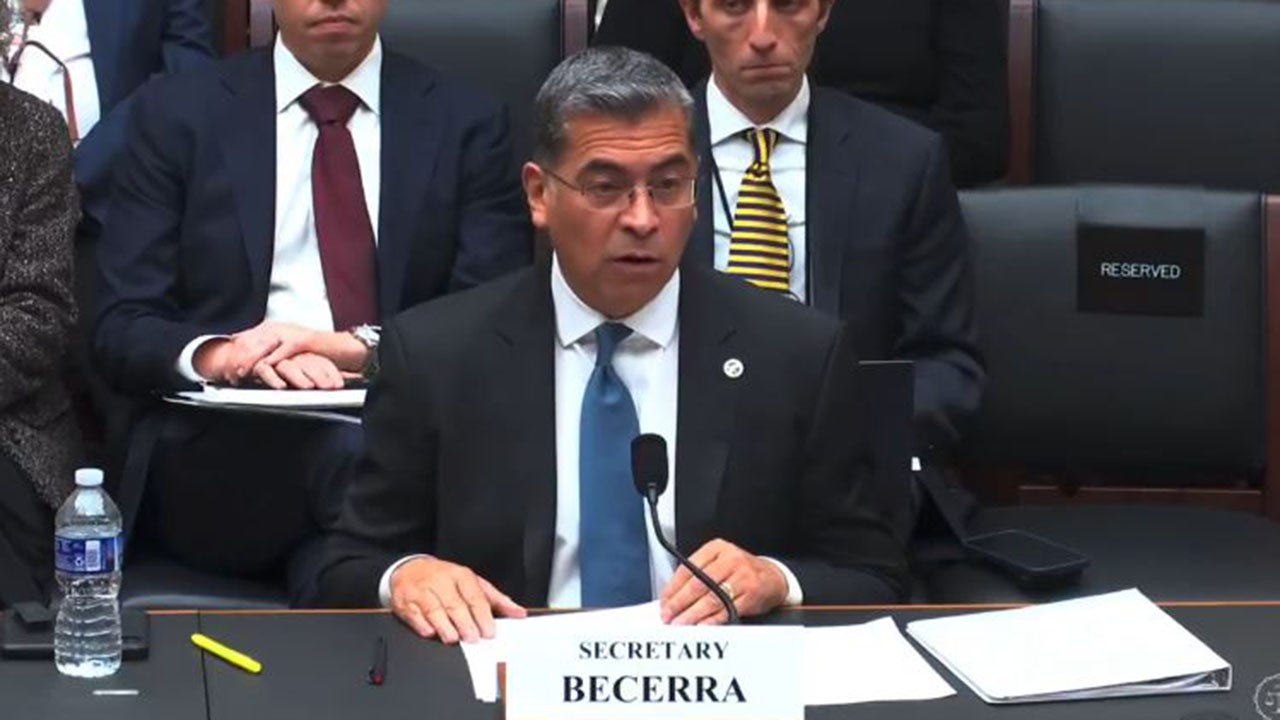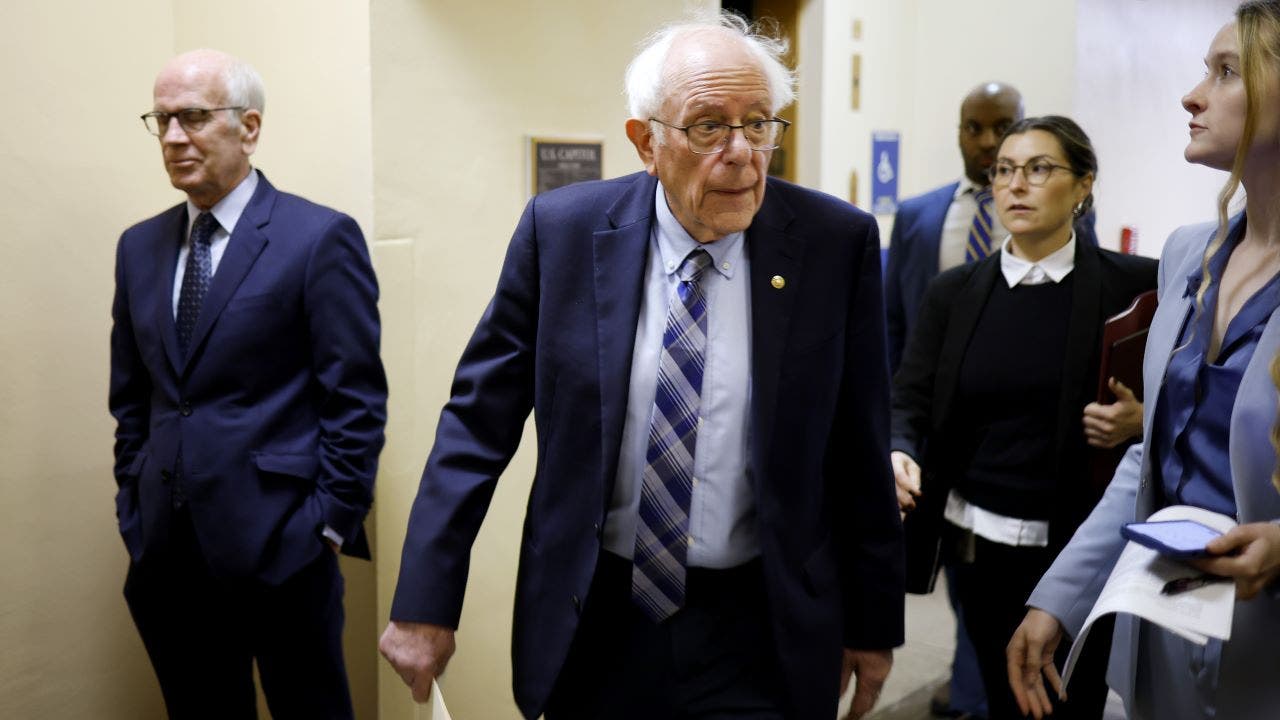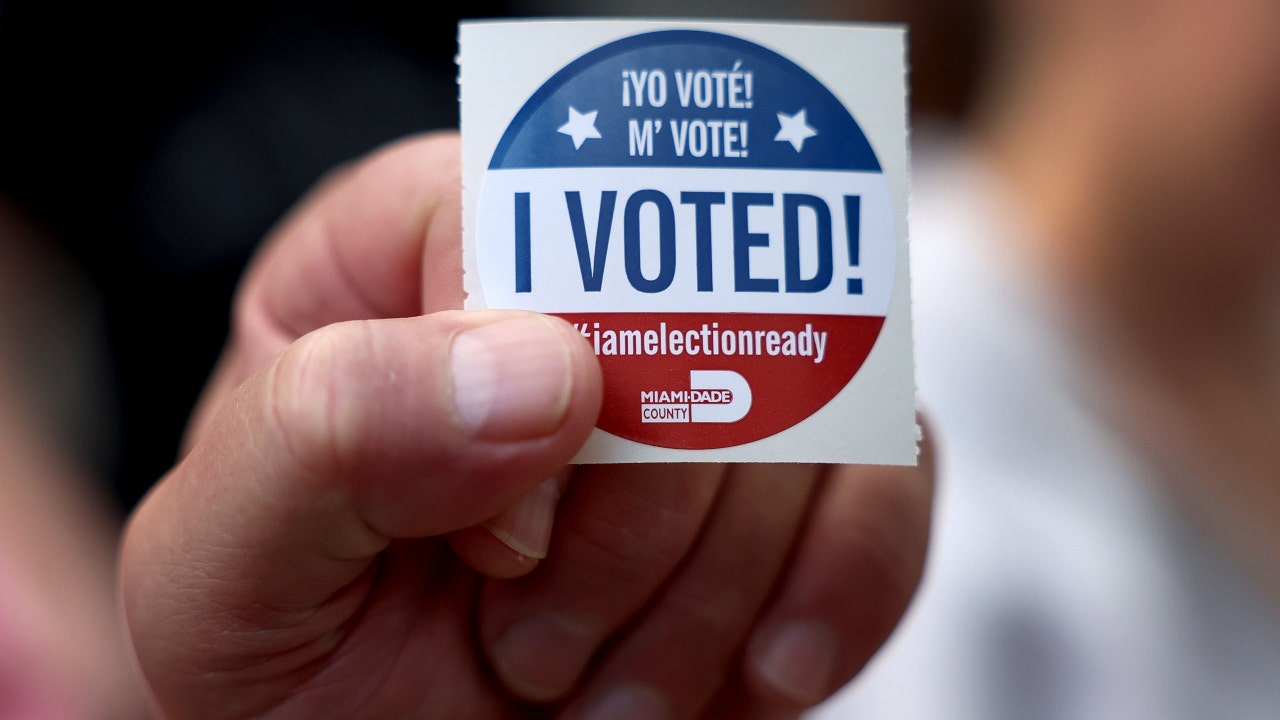President-elect Trump is reportedly considering rolling back the Biden administration’s credit for electric vehicles – a move that experts say would have varying effects across the automotive industry.
President Biden implemented a tax credit of up to $7,500 to incentivize the purchase of greener vehicles. However, sources with knowledge of the matter told Reuters that Trump plans to ax the tax credit as part of his sweep of Biden’s climate agenda.
While the decision remains in debate among oil and energy advocates, one group promoting public policy on behalf of the natural gas industry suggested that behind the scenes, automotive groups and consumers could feel relieved if the EV credit is eliminated.
“Losing $70,000 on an EV is not a winning business model and U.S. automakers know that,” said Tim Stewart, president of the U.S. Oil & Gas Association. Stewart said axing the EV tax credit gives members of the auto industry the opportunity to shift back to traditional production lines.
HOUSE PASSES BILL TO BOLSTER GEOTHERMAL ENERGY PRODUCTION BY INCREASING LEASE SALE FREQUENCY
“If I was a CEO, I would quietly be relieved to have a reason to shift production lines back to traditional models and invest in new hybrid technologies,” Stewart told Fox News Digital. “The EV tax credit was the only way to entice consumers to ‘maybe’ purchase something they really didn’t want, but told by the Biden folks they had to buy.”
“With the tax credit gone and the onerous Biden regulatory mandates lifted, the new administration is providing the exit ramp the U.S. producers were really hoping for, and U.S. consumers really want.”
HOUSE PASSES BILL BLOCKING BIDEN ADMIN ATTEMPT TO REQUIRE TWO-THIRDS OF NEW CARS TO BE ELECTRIC WITHIN YEARS
However, proponents of the tax credit, such as Energy Secretary Jennifer Granholm – and those advocating for the switch to EVs – say its elimination would result in the U.S. being less competitive in the industry.
“The auto industry is investing billions of dollars in EV battery and EV manufacturing in the United States. Eliminating the tax credit will hurt the U.S. auto industry and make American manufacturers less globally competitive,” said Ingrid Malmgren, senior policy director of Plug In America, a Los-Angeles based nonprofit advocating for the transition to EVs.
The elimination of the tax credit could have differing effects across the auto industry, experts say.
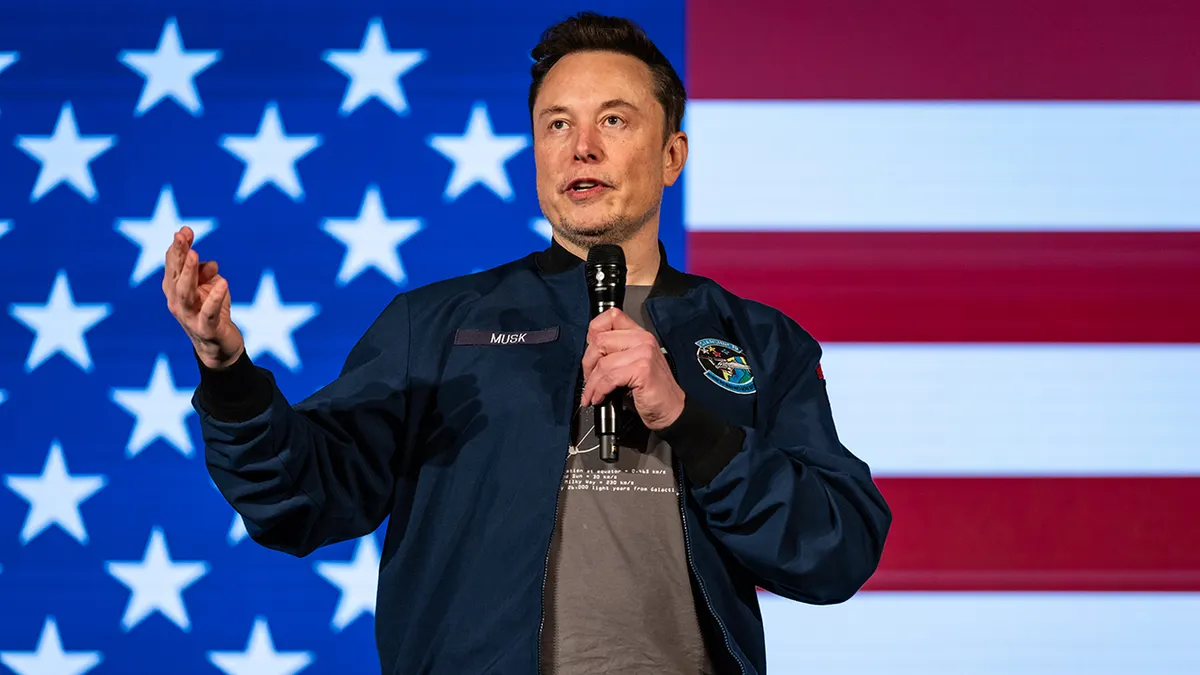
One of Trump’s strongest allies, Tesla CEO Elon Musk, revealed in July that he supports getting rid of the credit. “Take away the subsidies,” Musk posted to X, saying “it will only help Tesla.”
Companies that are financially sound, such as Tesla, could benefit if the playing field for electric vehicles is narrowed, while the smaller companies that rely on the tax credit for consumer affordability could face setbacks, analysts suggest.
“Tesla has such a big cost advantage in EVs,” said David Whiston, an analyst at financial services firm Morningstar Inc, according to a report from CPA Practicing Advisor. “Getting rid of that tax credit wouldn’t necessarily hurt them.”
Dan Ives, a senior equity research analyst covering the technology sector at Wedbush Securities with a focus on EVs, conducted a review of the market impact on Tesla if the EV credit is removed.
“While this is a clear negative for the EV industry at first look and would particularly hurt GM, Ford, Stellantis, and Rivian… on the flip side, we view this as a net bullish move for Tesla and Musk over time,” Ives said in a report on Tesla. “We expect Musk to have a big seat at the table as these EV discussions happen within the Trump transition team.”
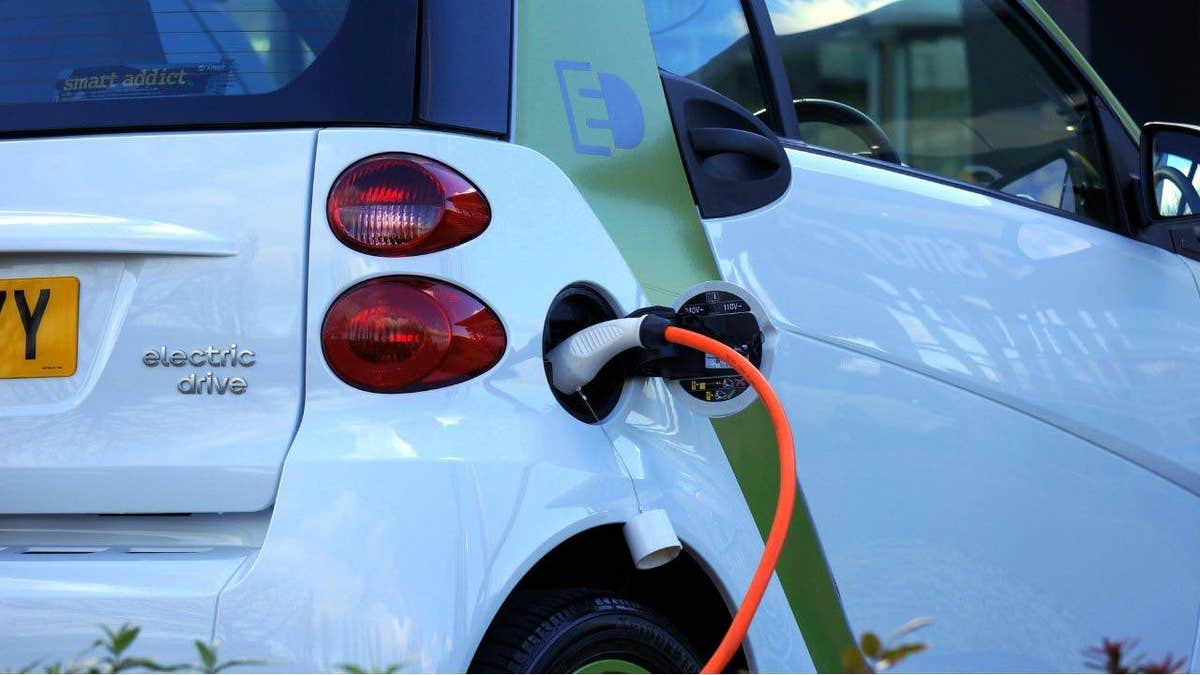
“In line with our thoughts over the past few weeks, Tesla has a scale and scope that is unmatched and while losing the EV tax credit could also hurt some demand on the margins in the U.S., this will enable Tesla to further fend off competition from Detroit as pricing/scale/scope is apples to oranges when compared to the rest of the auto industry once the EV tax credit disappears,” Ives added.
Ives also said that removing the credit could slow down the shift toward EVs in Detroit, specifically.
During his campaign, Trump highlighted his intent to target Biden’s clean energy-driven initiatives, such as vowing to “cancel the electric vehicle mandate.”
Read the full article here






